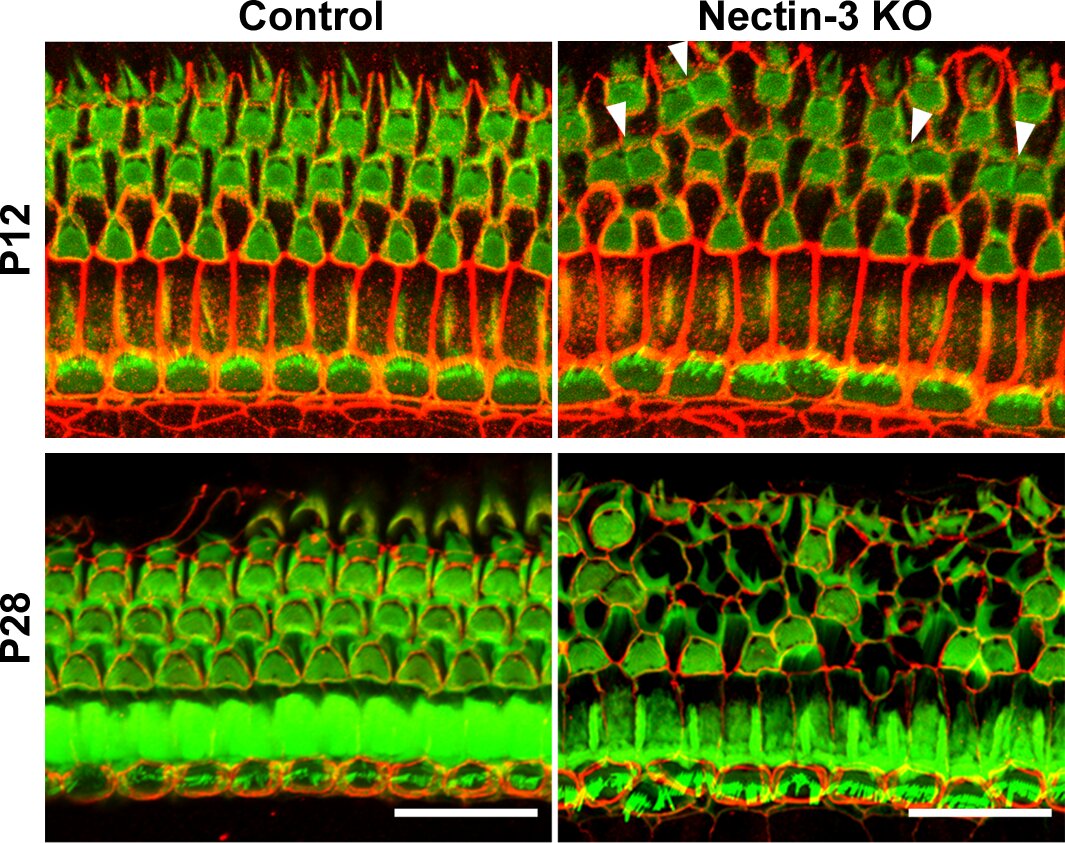
Credit: public domain CC0
The use of ancient DNA, including samples from human remains around 45,000 years old, has shed light on a previously unknown aspect of human evolution.
Dr Yassine Souilmi, group leader at the Australian Center for Ancient DNA at the University of Adelaide, co-led the new study published in Nature ecology and evolution.
“It was widely believed that the genetics of our human ancestors did not change due to environmental pressures as much as that of other animals, due to our enhanced communication skills and our ability to make and use tools,” said Dr. Souilmi.
“However, by comparing modern genomes with ancient DNA, we have discovered more than 50 cases of an initially rare beneficial genetic variant becoming widespread among all members of ancient human groups.
“Unlike many other species, evidence for this type of adaptive genetic change has been inconsistent in humans. This finding therefore challenges the prevailing view of human adaptation and gives us new and exciting insight into the how humans adapted to the new environment and the pressures they encountered as we expanded across the planet.”
Co-lead author Dr Ray Tobler, an adjunct researcher at the University of Adelaide and DECRA fellow at the Australian National University, said examining ancient DNA has been key to unlocking the secrets of the human evolution.
“We thought historical events of mixing between human groups might have hidden signs of genetic changes in modern human genomes,” Dr. Tobler said.
“We looked at the DNA of more than 1,000 ancient genomes, the oldest dating back around 45,000 years, to see if certain types of genetic adaptation had been more common in our history than studies of human beings suggested. modern genomes.”
Professor Christian Huber, lead author of the research paper, is an Adjunct Researcher at the University of Adelaide and Adjunct Professor at Penn State University.
“Using ancient genomes was crucial because they predated major historical admixture events that radically reshaped modern European genetic ancestry,” Prof Huber said.
“This has recovered historical signs of adaptation that are invisible to standard analysis of modern genomes.”
Established in 2005, the Australian Center for Ancient DNA is a world leader in researching and developing advanced approaches to ancient DNA for evolutionary, environmental and conservation applications.
Researchers based at Mayo Clinic, Garvan Institute of Medical Research, Max Planck Institute for the Science of Human History in Germany, University of New South Wales and Massey University in New Zealand have also contributed to the research paper.
More information:
Yassine Souilmi et al, Admixture obscured historical hard sweep signals in humans, Nature ecology and evolution (2022). DOI: 10.1038/s41559-022-01914-9
Provided by University of Adelaide
Quote: Ancient genomes reveal hidden history of human adaptation (November 1, 2022) Retrieved November 1, 2022 from https://phys.org/news/2022-11-ancient-genomes-reveal-hidden-history.html
This document is subject to copyright. Except for fair use for purposes of private study or research, no part may be reproduced without written permission. The content is provided for information only.
#Ancient #genomes #reveal #hidden #story #human #adaptation


